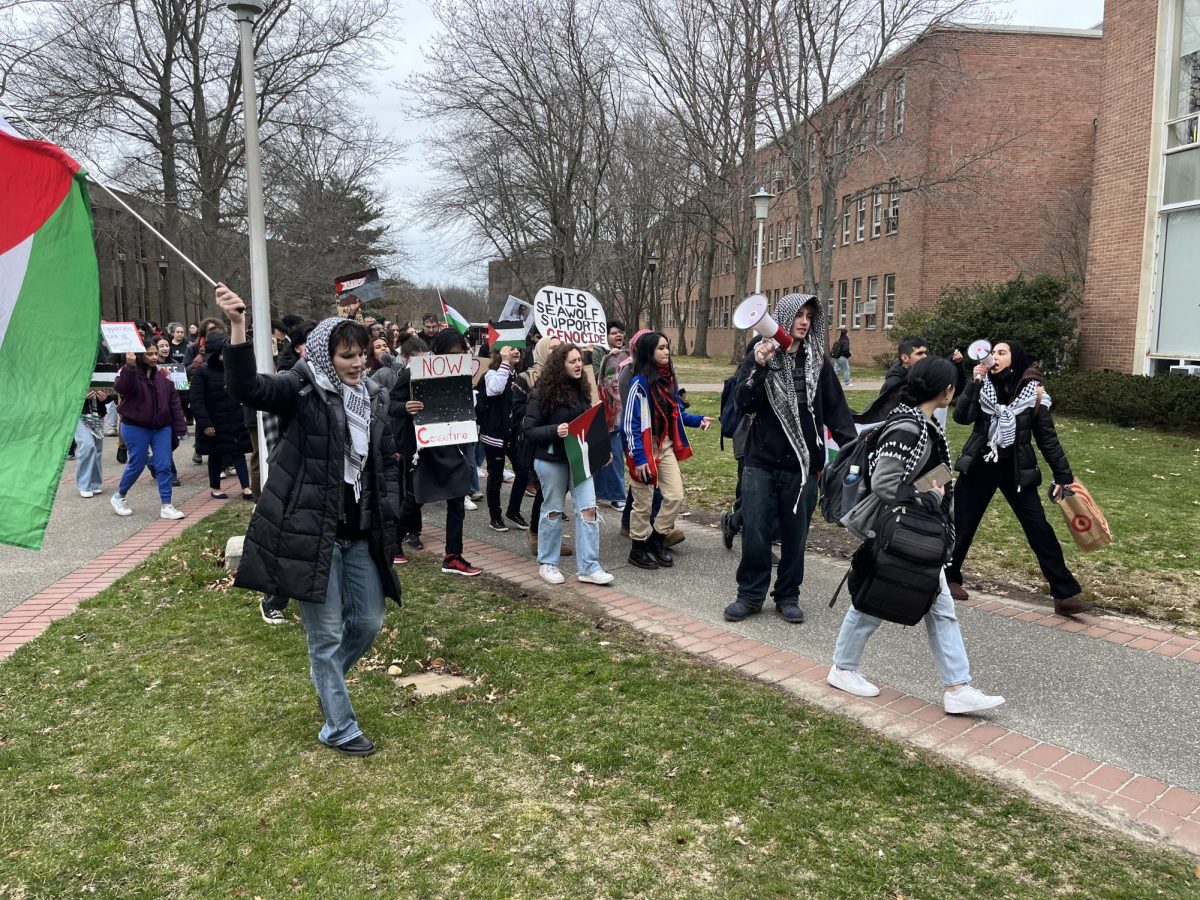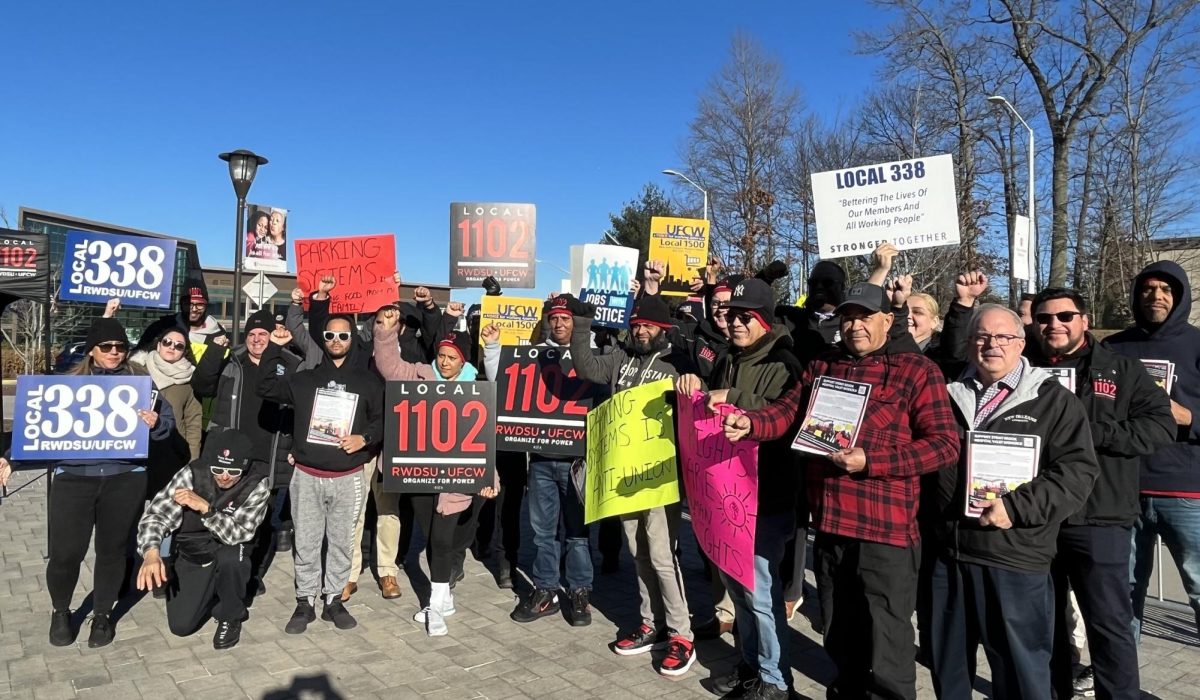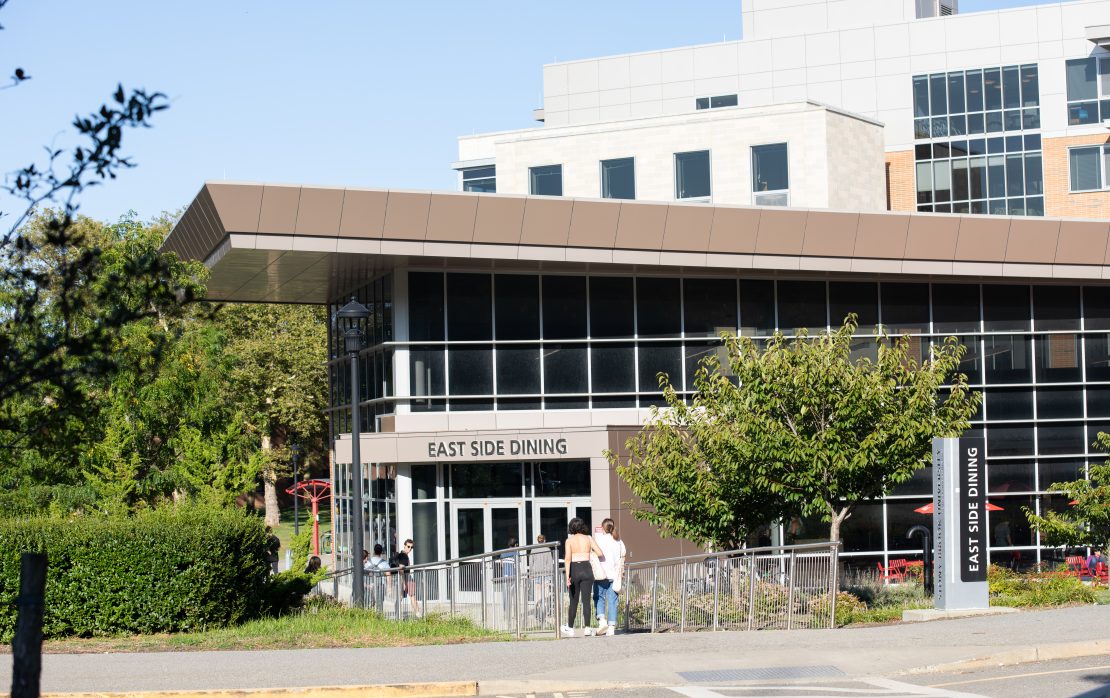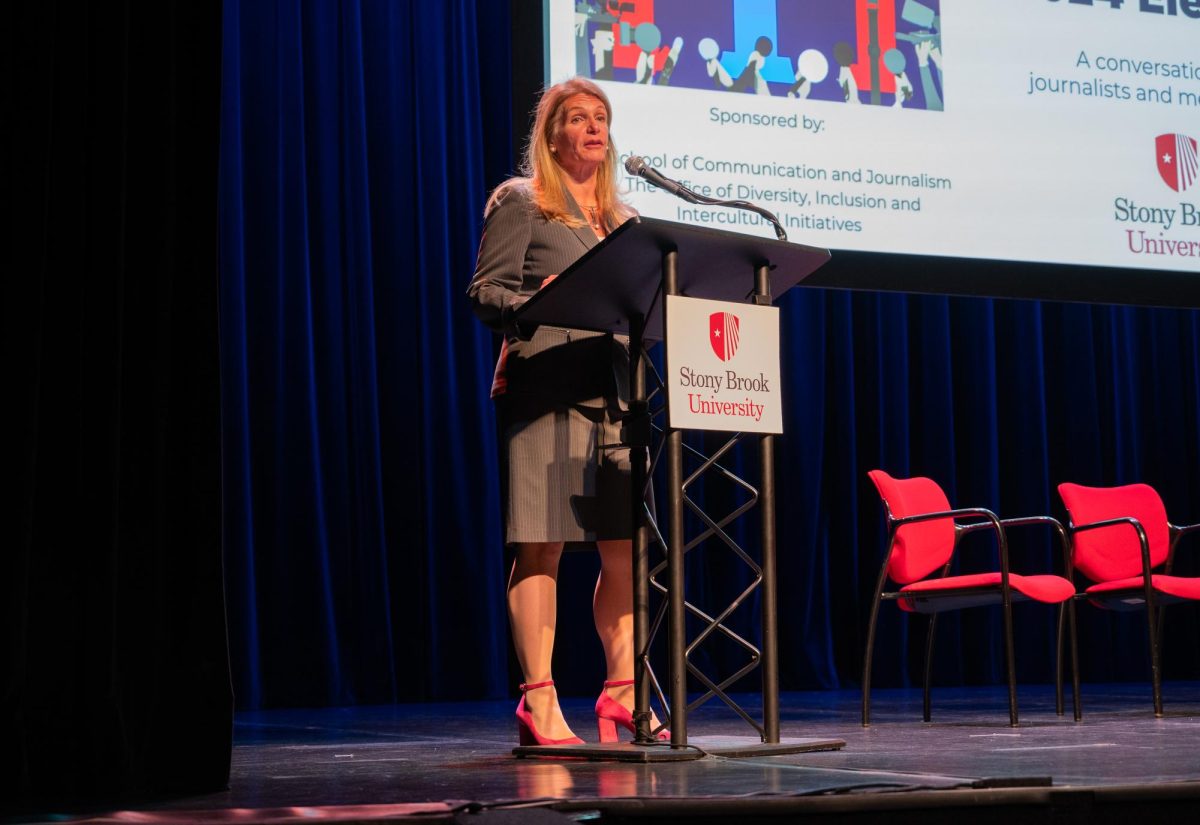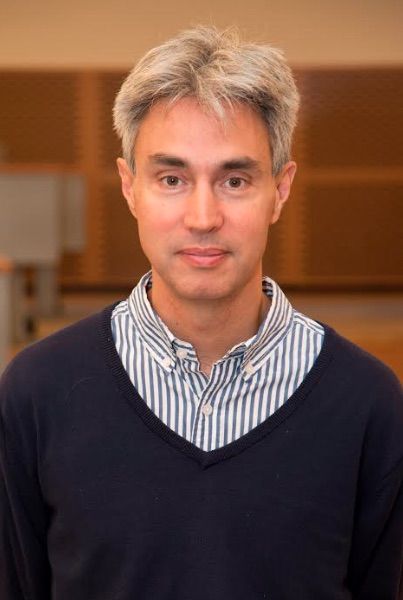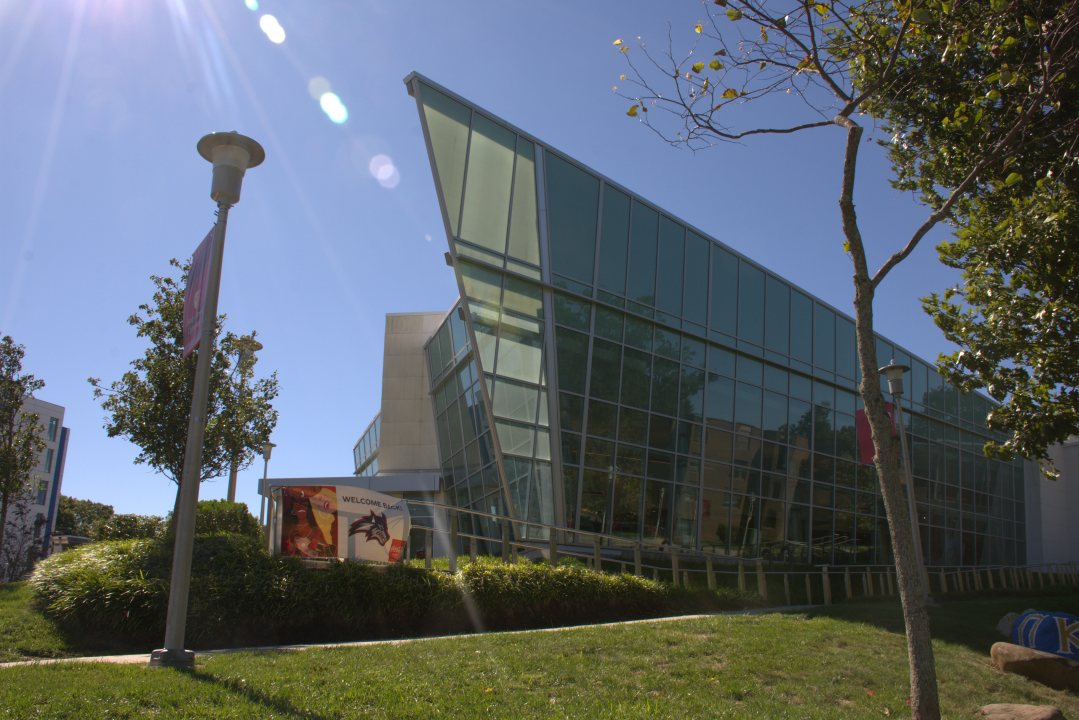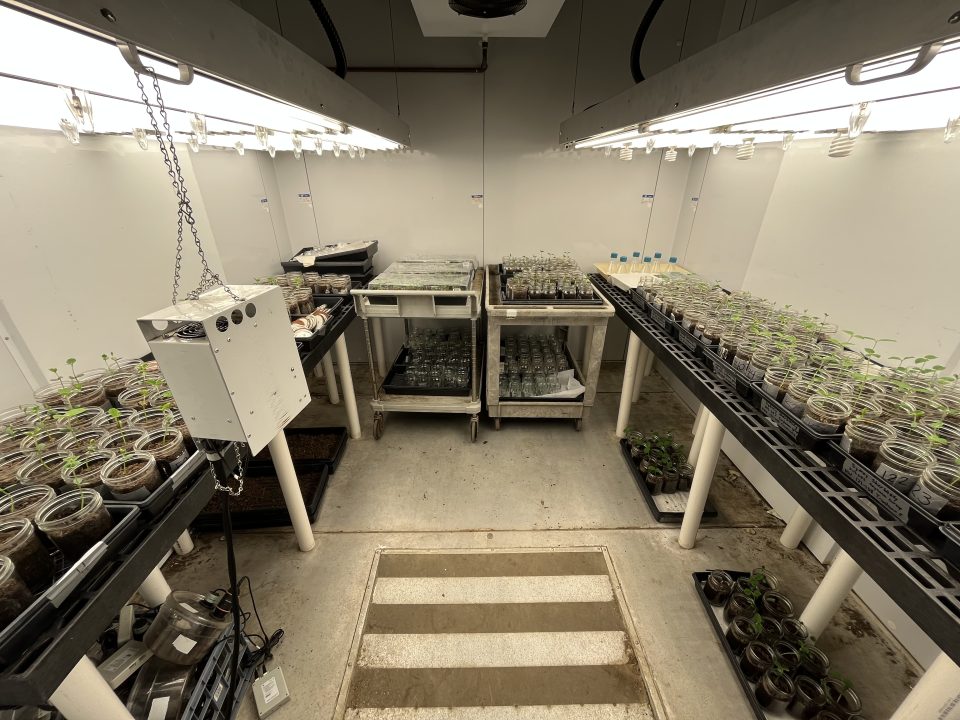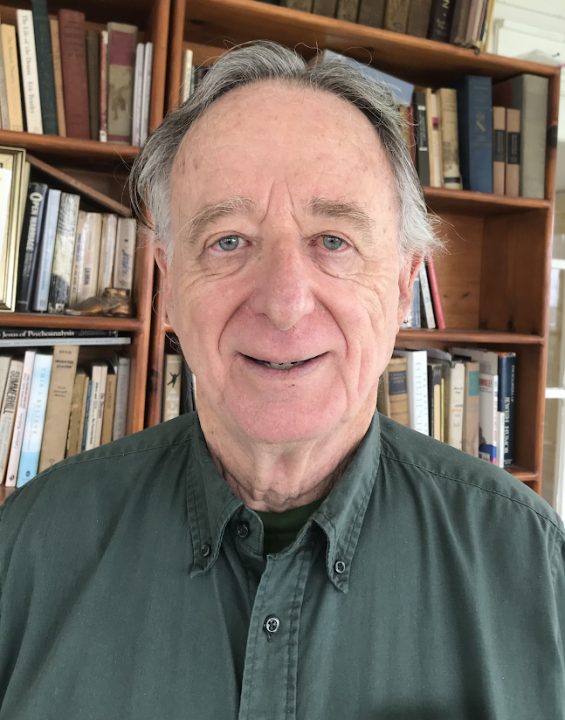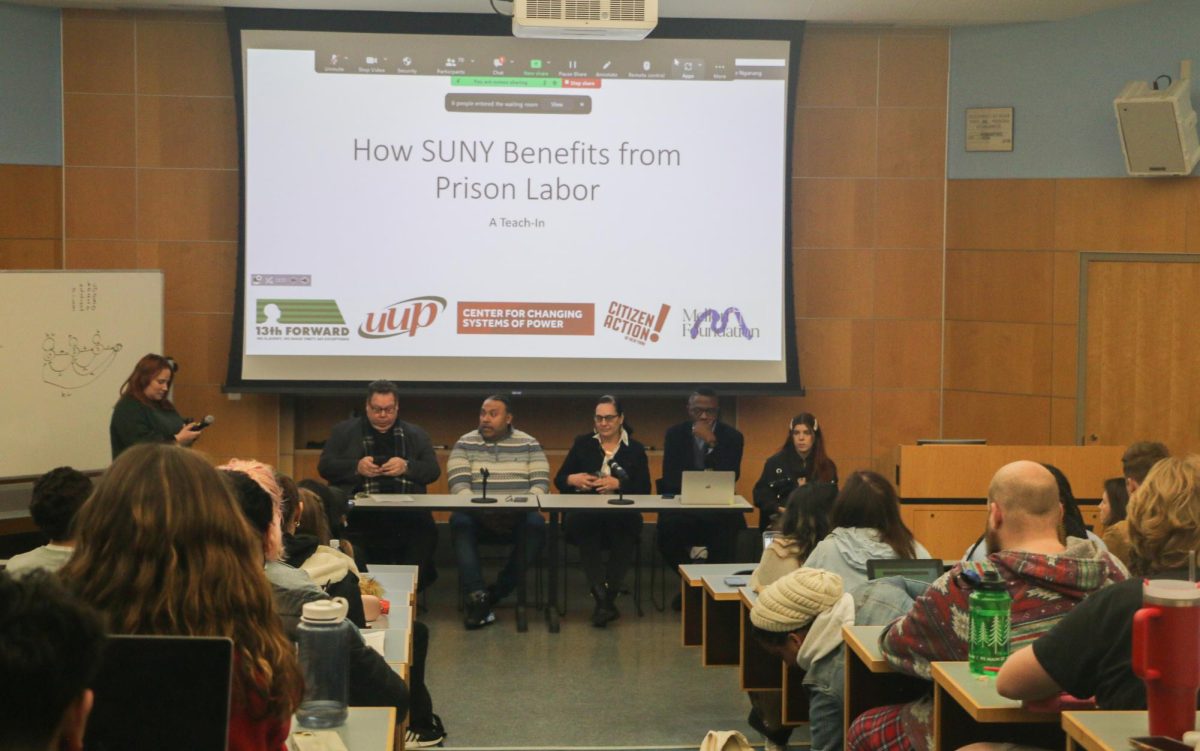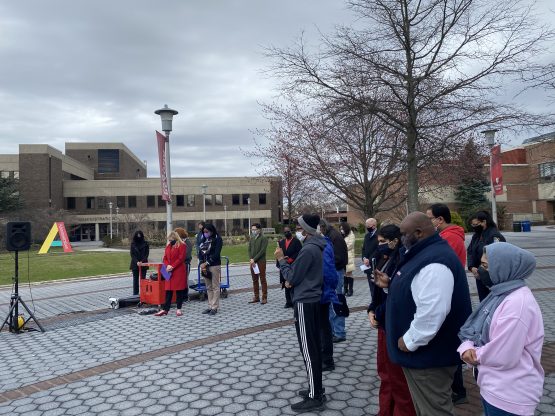
Newspaper headlines from over 100 years ago showing anti-Asian rhetoric and policies in America flashed across the screen. A minute later, television news reports from the past year about violence and harassment against Asian-Americans echoed the messages from nearly a century ago.
The scene shifted to the voices of a dozen Asian and Pacific Islander students at Stony Brook University. “I have been discriminated against,” one student said, “I have been verbally harassed,” said another.
“Because of my racial identity,” they said in unison.
Even more voices flooded the presentation, this time expressing words of solidarity with the students and other victims of harassment and violence.
That was the beginning of “Breaking Silence: A Public Forum on Anti-Asian American and Pacific Islander (AAPI) Racism,” hosted by Stony Brook University on May 5 in honor of AAPI Heritage Month.
Over 200 people attended the conversation over Zoom, which was prompted by the national conversations around the increase of hate incidents against AAPI. 3,795 hate related incidents were reported to Stop AAPI Hate, a reporting center, between March 19, 2020 and Feb. 28, 2021. Stop AAPI Hate began collecting self reported hate related incidents against the groups in question in response to a rise in anti-Asian rhetoric associated with COVID-19.
“We have seen that Asian Americans and Pacific Islanders are facing a historical crisis,” Agnes He, the director of the Center for Multilingual and Intercultural Communication, said. “Today, we’re here to address the roots of the violence, discrimination, xenophobia and share our experiences to create an anti racist alliance to explore ways to make positive social change.”
Joining in the conversation were Stony Brook administration, along with faculty, staff and students from all different parts of the university.
“The AAPI community has greatly contributed to our development as a top research institution and role model in innovation,” President Maurie McInnis said. “Our research, education and service would not be the same without Asian American and Pacific Islander Seawolves.”
McInnis condemned the recent violence and pledged to “listen and learn” at the forum. “These acts of ignorance and hate are antithetical to our values as a university,” she said.
The forum was joined by State Senator John Liu, who was the first Asian American elected to legislative or citywide office in New York.
“The Asian American community has a secondary virus, one that up to now still has no vaccines, so there’s no cure, and that is a virus of hate and bigotry,” Liu said.
Liu said that there is an “ignorance” surrounding Asian Americans. This includes the stereotypes of the “model minority,” in which Asians are perceived as naturally smart, wealthy, hard working and submissive, and the “perpetual foreigner,” where Asian Americans are perceived as foreigners even if they were born and raised in the United States.
Faculty said that the violence against Asian Americans stems from white supremacy and from their absence in historical discussions. Nerissa Balce, an Asian American studies professor, spoke about figures like Yuri Kochiyama, a civil rights activist who pushed the United States to formally apologize to Japanese people held in internment camps; Grace Lee Boggs, a civil rights activist and philosophical thinker; and Vincent Chin, whose racially motivated death in 1982 drove Asian Americans into the conversation surrounding civil rights.
“Racism is a structural violence, a violence so deeply embedded in the American imagination, as well as the myths of this nation. After all, a country founded on native dispossession, genocide and slavery will forever be haunted by its past,” Balce said. “So in my courses that I teach here at Stony Brook, I like to emphasize that Asian immigrants, as well as Asian Americans have always fought against racism.”
Professor of philosophy Gary Mar told the story of his late father, a World War II veteran who after coming back to the United States “wanted to be an architect, because he had bombed so many buildings in Germany.” Mar said his father’s early ideas were given to Charles B. Wang and became the basis for the founding of the university’s Charles B. Wang Center.
Khadija Saad, a senior policial science major and president of the Muslim student organization, connected the recent Anti-Asian political messaging associated with COVID-19 to anti-Muslim messaging after 9/11.
“Islam teaches us that the diversity of races and tribes across the world is so that we may learn about one another and appreciate our differences, not that we may see ourselves as superior or discriminate against another group of people,” Saad said. “These Islamic principles teach us to be compassionate and to see beyond just our own reflection. We recognize and stand with those who are oppressed and unjustly treated by society.”
Judy Le, a senior Asian and Asian American Studies major who is Black and Asian-American, hoped the forum would bring the diverse AAPI community together with the Stony Brook community. She thinks the university can help further by creating a shared space for AAPI faculty and students.
“I think the best way for Stony Brook University to support their AAPI will be to just keep in mind about the toll this is taking on students right now,” Le said. “I think having a place where we can rest and have other people who understand the things that we’re going through, I think is really important.”








